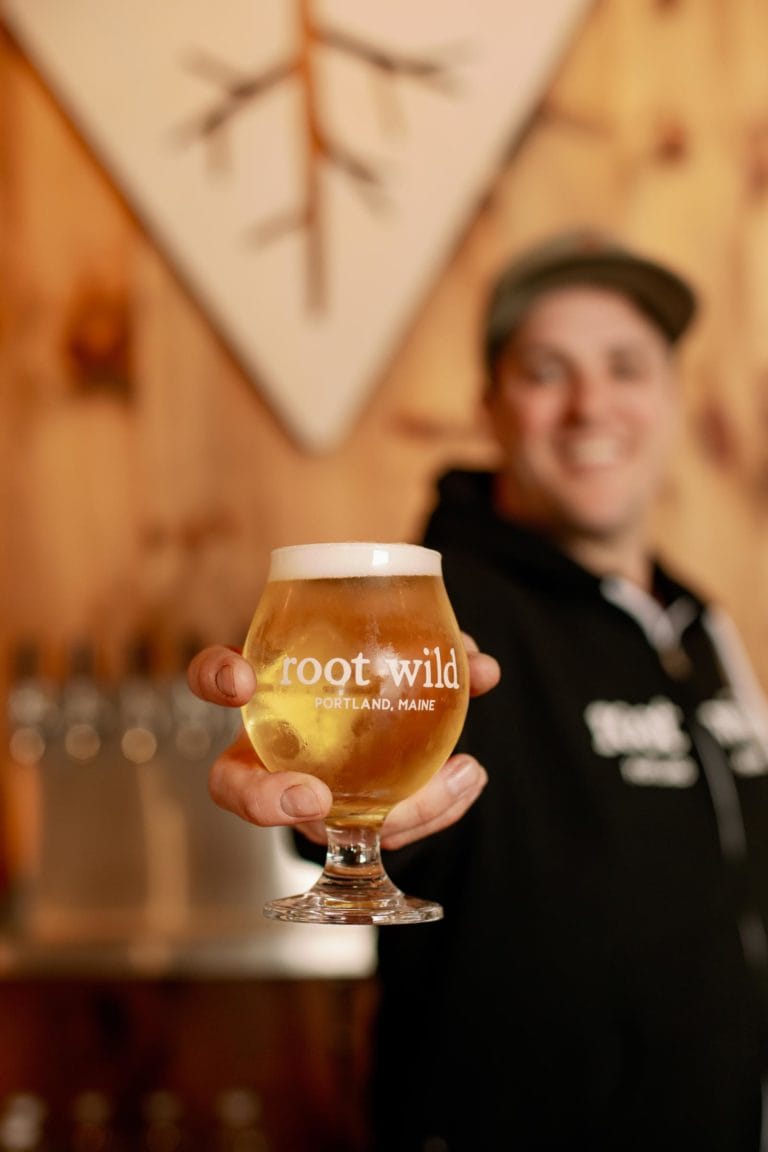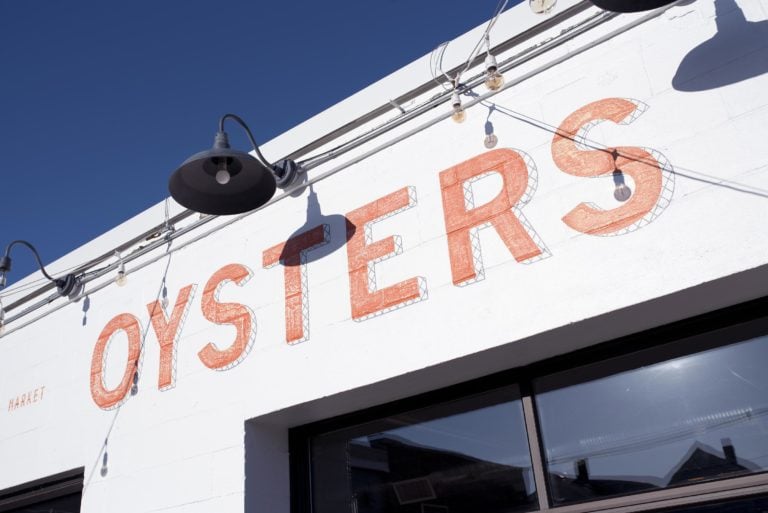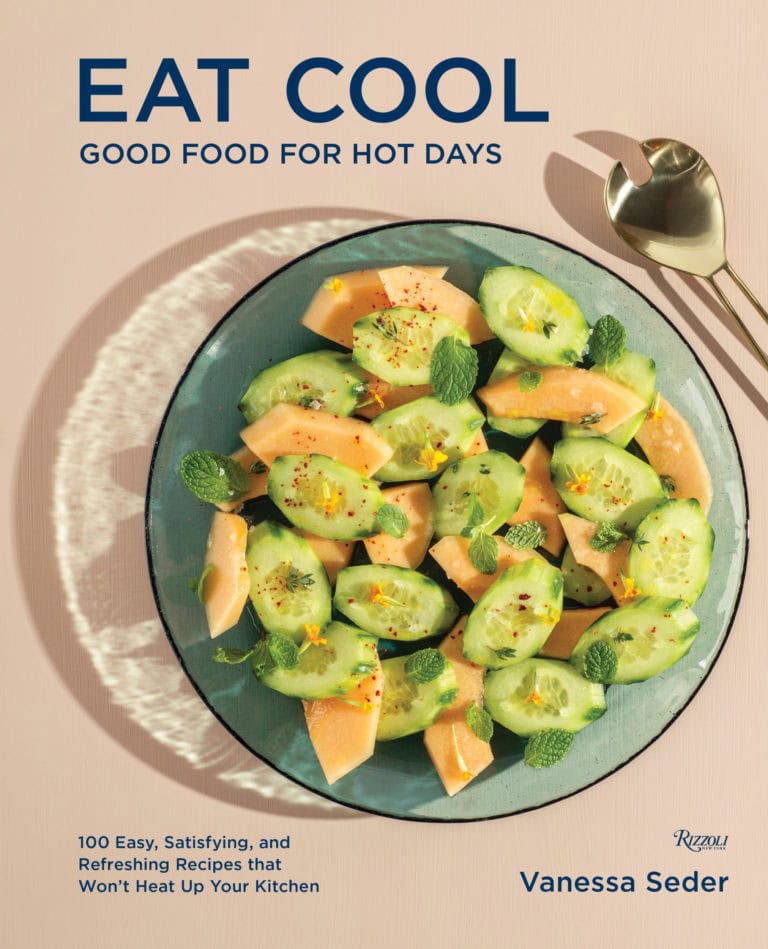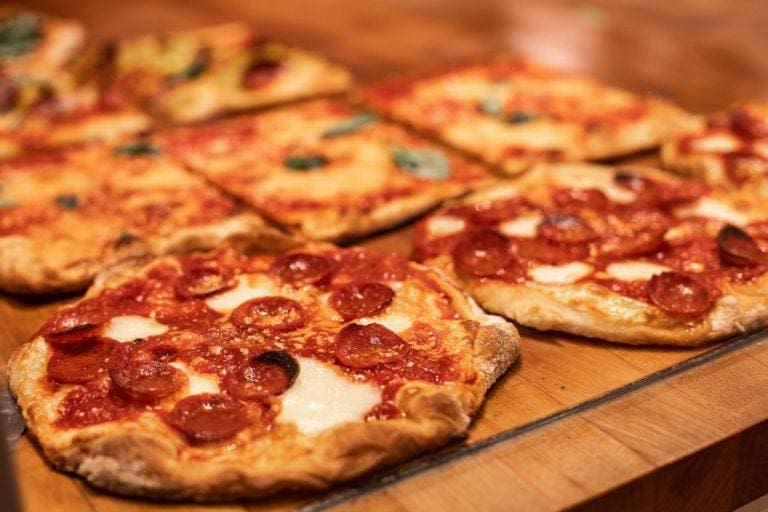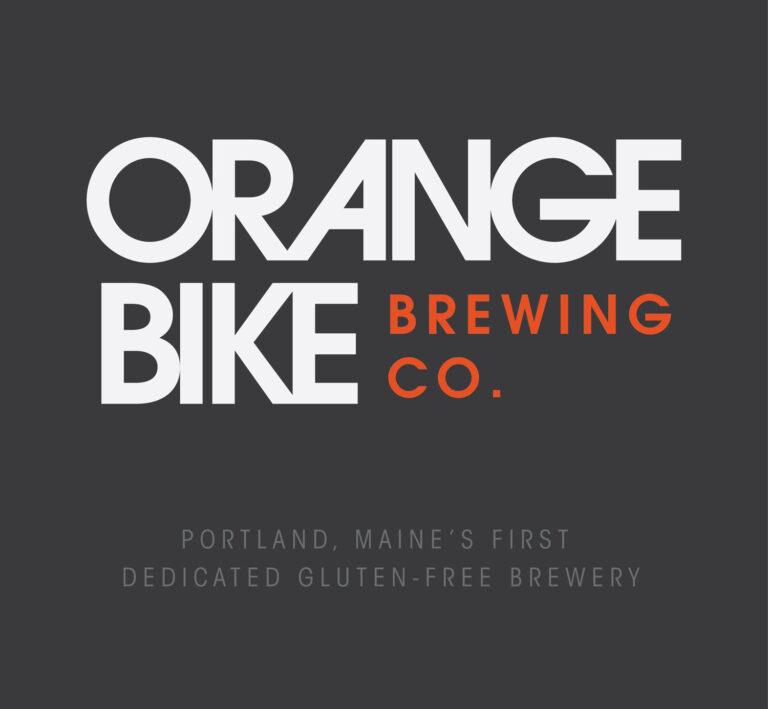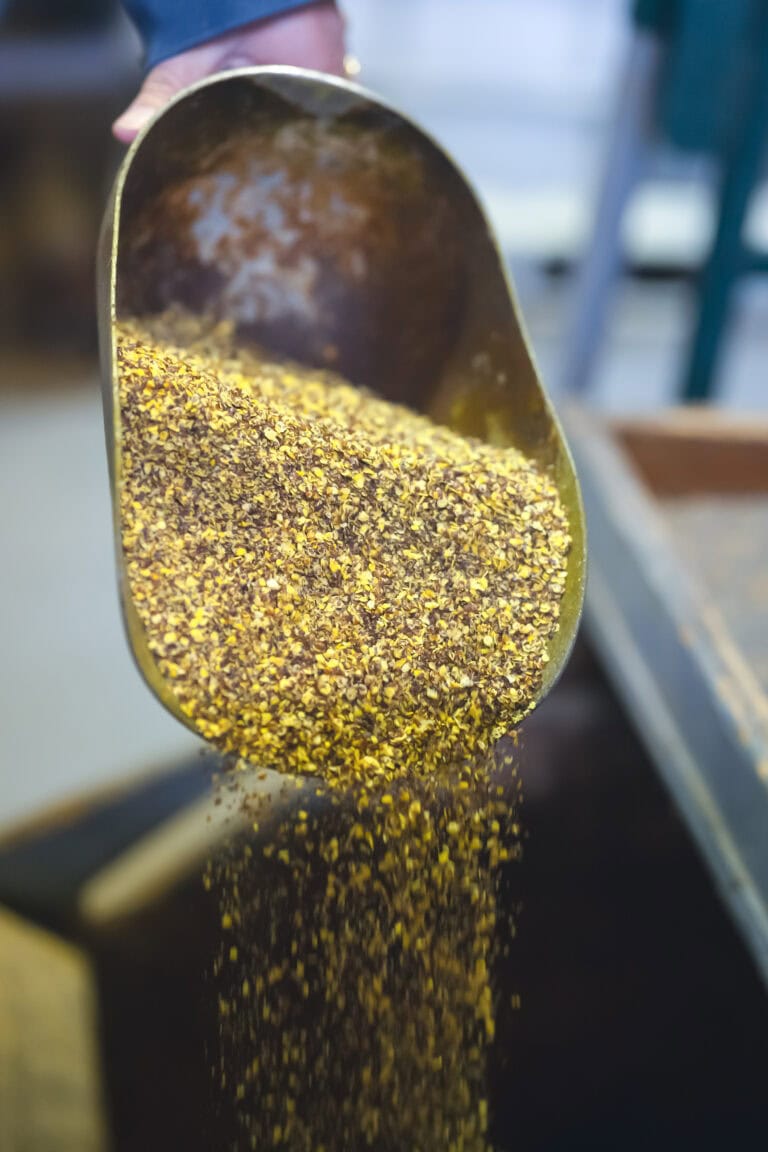Standing inside Onggi, a 300-square-foot retail space in Portland devoted to fermented foods, is like standing inside a human-sized curio cabinet. Bottles of vinegar glow deep purple and golden yellow on the shelves of the sun-filled shop; kimchis and krauts gleam in a rainbow from the cooler. Located inside The Black Box, a configuration of repurposed shipping containers that now serve as retail spaces on Washington Avenue, Onggi bears the name of the ubiquitous Korean earthenware vessel used to make kimchi and other ferments.
Each item in the shop is a work of culinary art, carefully chosen by co-owners Marcus Im, Amy Ng, and Erin Zobitz. Though the products are uniquely curated, there is nothing pretentious about this niche shop, which opened in April 2021. The atmosphere is warm and welcoming; the owners eager to build community around the age-old practice of making and sharing fermented foods.
“We’re sandwiched [between] so many great fermentation-focused businesses,” says Ng, pointing to the proximity of Maine Mead Works, Oxbow Brewing Company, Root Wild Kombucha, and The Cheese Shop of Portland. Back in 2020, the trio ran an Instagram project called “100 Days of Ferments” to share recipes and inspire others to explore fermentation. The deluge of social media engagement with the project highlighted a growing interest in fermented foods, compelling the Portland residents to build their dream business.
“There’s something about the process of fermentation where a community comes together to maximize a harvest and then oftentimes shares that food or that access throughout the rest of winter. It can help build identity. Part of what we’re trying to do … is making fermentation more approachable and accessible for people,” says Im.
Onggi offers Zoom classes, webinars, and demos on fermentation. The owners participate in Portland’s First Friday Art Walks, host pop-up pizza nights, and even coordinate “Community Supported Ferments,” in which members of this CSA-style share receive four local ferments every month.
Ng says customers return to share their trials and triumphs after taking home a piece of sourdough starter or one of Im’s wildly popular DIY kimchi kits. Once hooked on fermentation, Onggi’s returning customers dive deeper. That may mean selecting a jar of miso made by Go-en Fermented Foods in Whitefield to use in a marinade, or experimenting with koji, a fermentation agent used to make things like miso, rice wine vinegar, and sake. They may even indulge in one of the countless unique, hard-to-find products on offer, like the Fruit & Flower Vinegar made by West Maquoit Vinegar Works in Brunswick. Maker Brad Messier began this ferment at the start of the 2020 growing season, adding various fruits and flowers to the vinegar as each reached peak ripeness to capture an entire year’s harvest in one continuous ferment. Onggi is the perfect outlet for experimental products like this because “bigger distributors probably aren’t going to sign up for something unconventional,” says Zobitz.
Though fermented foods have existed for millennia in cultures around the world, they haven’t enjoyed the same popularity in American cuisine. Im is pleased that is changing.
“Growing up and eating kimchi my whole life, most people had no idea what it was. I felt very alienated any time I had it,” he says.
Now, when Im mentions his fermentation shop, the first thing people say—with great enthusiasm—is “Oh, like kimchi?!” Im and his partners welcome this new reaction.
For those still hesitant about exploring fermented foods, Ng created a gateway snack: a salted sourdough chocolate chip cookie. Stop in and try one of these cookies¬—they’ll sway even the strongest ferment skeptic.







